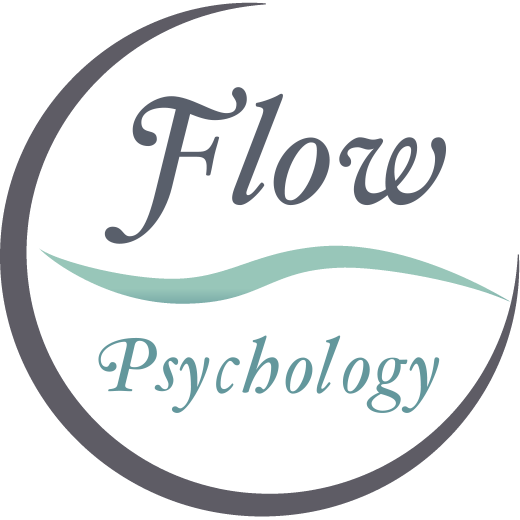How CBT (Cognitive Behaviour Therapy) & Positive Psychology build Resilience and Coping Strategies.

Cognitive Behaviour Therapy (CBT) works by helping people to understand the link between negative thinking and problems (e.g. anxiety and depression), to learn how to notice negative thoughts as they arise, and to practice disputation and evaluation skills to counter them.
For example, each time I catch myself thinking I am not good enough, I dispute those thoughts by remembering my past successes & the people close to me who appreciate me. That is, when I detect negative thoughts I gather evidence against them. Like in front of a judge, I give evidence for and against the negative talk.
Don’t try and ignore it, like the elephant in the room. Ask yourself is this statement doing me justice if you say no, change it!!
In short, cognitive behavioural therapy treats the client as a person whose flawed thinking has led to changes in their emotions and behaviour (Beck & Beck, 2011). These changes affect the relationship that people have with themselves and others.
The goal of CBT is to see beyond the diagnosis and to look at the person as a whole to decide what needs to be “fixed” (Kaplan & Saccuzzo, 2013).
Positive Psychology believes that people want much more in life than to be “fixed”, they want to thrive.
As some researchers have put it, positive psychology application attempts to bring a depressed person from a -5 up to a +5 on the scale of well-being, instead of just up to neutral 0 ( Lyubomirsky, 2011), moving from a focus on ‘repairing misery’ to one on building wellbeing. We can all seek to aim higher, not merely to be free of problems, but to try and truly thrive and make the most of our all too brief lives.
The science of positive psychology has shown that if individuals can increase their PERMA (positive emotion, engagement, relationships, meaning and accomplishment) they build the capacity to handle life’s challenges and potentially reduce the severity of mental illness. We can build the skills to change our thinking from ‘what is wrong’ to ‘what is right?’ This change in mindset and behaviour that result from positive psychology interventions is shown to build hope and resilience and protect against mental illness and suicide.
Well-being is a new frontier for modern societies. It is a new way to understand the links between the individual and society with a new set of tools to build a healthy and resilient modern society.
Positive psychology is a relatively new science and new research is arriving every day. I am passionate about converting cutting-edge research from Positive psychology and neuroscience, into practical strategies for happiness, health, education and business success into my practice. My name is Gary Ross and I love to share the knowledge I have learned on wellbeing and happiness.
Please feel free to contact me at gary@flowpsychology.ie anytime.



